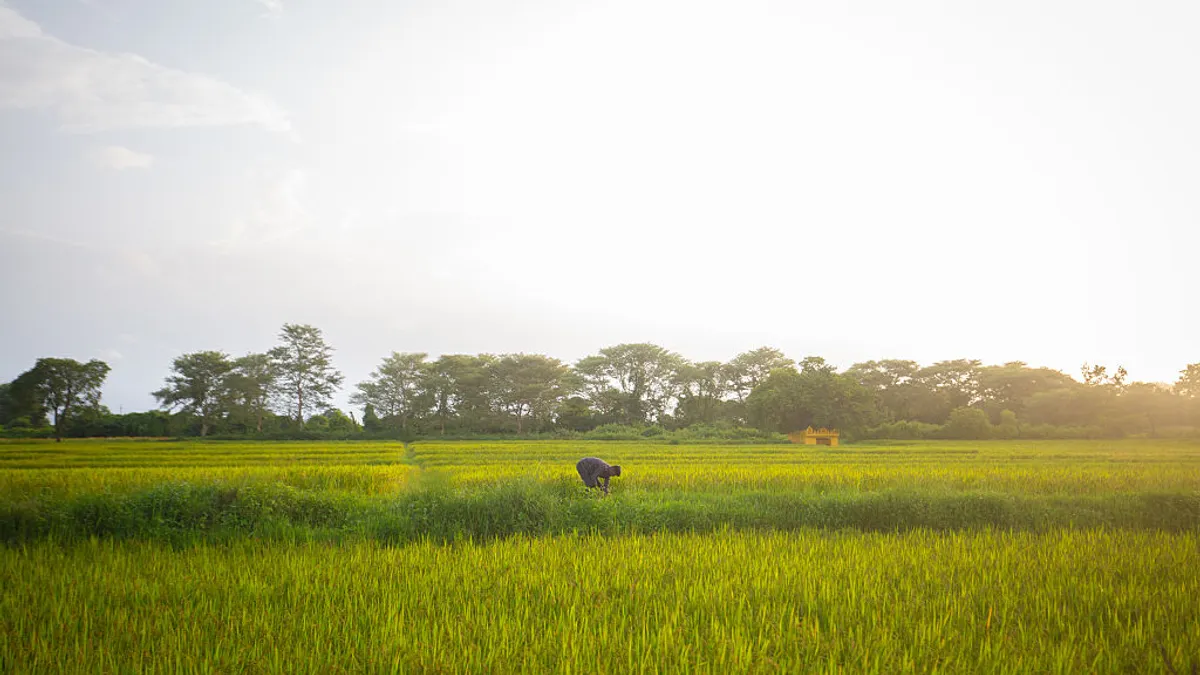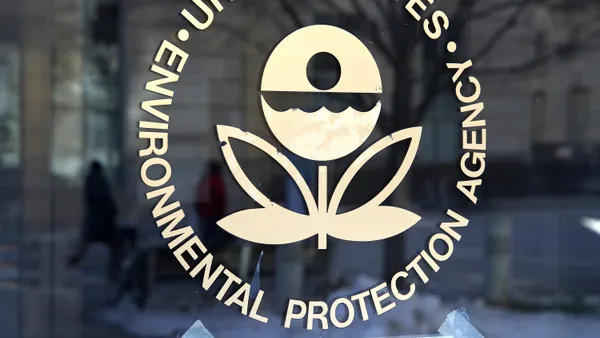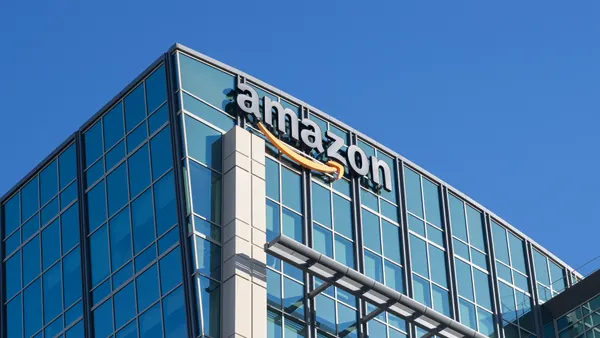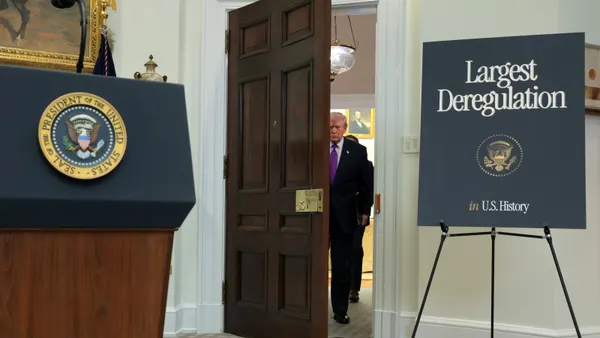Sustainable investment firm Mirova announced a 26.4 million euro ($30 million) investment in India-based carbon project developer Varaha last week. The deal is Mirova’s first carbon removal investment in India, and its largest single nature-based carbon commitment, according to a Nov. 13 press release.
The agreement will support Varaha’s “Kheti” project, which aims to expand its regenerative farming and soil organic carbon practices to more than 337,000 smallholder farms across 675,000 hectares in a pair of Indian states, according to the release. Varaha said shifting these farms to regenerative agricultural practices — like direct rice seeding and crop residue management — will generate verified carbon credits that can then be sold, producing revenue for both the company and the participating farmers.
Mirova Senior Investment Director Charlotte Lehmann said the project “exemplifies how carbon finance can drive systemic transformation in agriculture while strengthening the resilience of vulnerable rural communities.”
“This transaction … marks a pivotal milestone in our strategy,” Lehmann said in the release. “It opens up new avenues to scale high-integrity nature-based investments across the Asia-Pacific region.
The deal also represents the largest investment in the soil carbon removal category to date, Varaha CEO Madhur Jain told ESG Dive, and “puts a spotlight on two very important aspects of agriculture: smallholder farms, which feed 37% of the population, and soil carbon, which is essential to grow food.”
Varaha was founded in 2022 by Jain and two other co-founders — Ankita Garg and Vishal Kuchanur — who all came to the country with more than a decade of experience working in agriculture and smallholder farms, which are farms on plots smaller than 10 hectares, Jain said. In part, due to their expertise, the company’s work is focused around partnerships with smallholder farmers across South Asia, who use Varaha’s regenerative agriculture and removal pathways to generate carbon credits and an additional income stream.
In addition to launching carbon credit programs based on regenerative agriculture and biochar, Varaha has also issued carbon credits for enhanced rock weathering and is working on afforestation-based carbon offtake projects.
“We found a huge gap,” Jain said. “Agriculture contributes to almost a quarter of the total global emissions, but agricultural soils can actually help you remove carbon from the atmosphere, if done properly.”
This is the second time in 2025 that Varaha has been involved in one of the largest deals ever for a carbon removal pathway. In January, Google signed two 100,000 metric ton biochar offtake deals with Varaha and Charm Industrial that, separately and collectively, were the largest biochar deals to date.
While that high-water mark has since been passed by a Microsoft deal to have 1.24 metric tons of biochar removed, it helped push Varaha to become the largest carbon project developer in Asia.
When it comes to setting a new bar for soil carbon removals, Jain said he hopes “someone in the next three-to-six months surpasses us.”
“That's how the sector is actually made, and builds trust for a different set of investors that this is a bankable category to invest money in,” he said.













